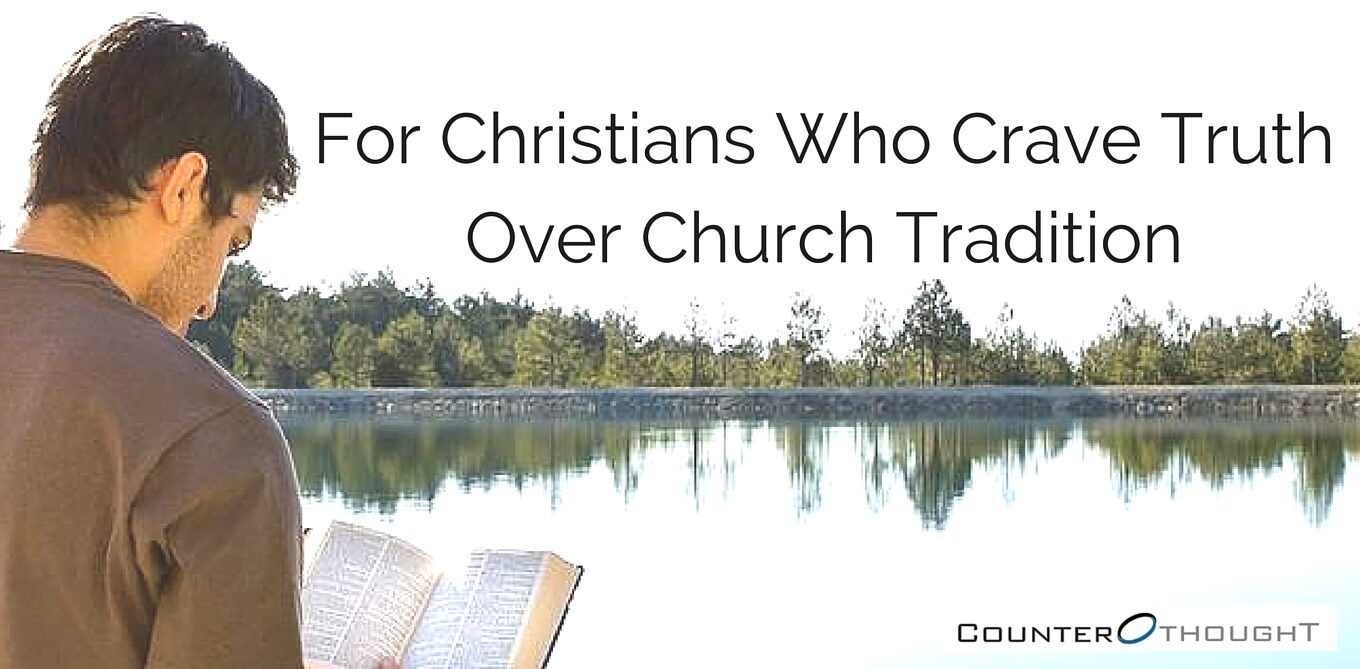Part 1: Christians and Politics
The world has changed radically since the last time I posted a blog. Politicians, pandemics, and Putin have wrought havoc, distributing confusion, chaos and fear through organized efforts to create instability. While many churches have sanctimoniously proclaimed a need to stay out of the political arena and focus on the gospel, a monastic, isolationist approach seems increasingly difficult to defend as a biblical position. The ideological divide is wider than at any time in my life, and with every passing month, one side’s policies are more aligned with biblical values while the other has become overtly anti-biblical in its goals.
It used to be that “good Christians” could be found on both sides of the aisle. Today it is difficult to associate “Christian” or “biblical” with a party that agitates for killing babies, ending gender, eliminating law and order, removing incentives to work, and passing judgments primarily on the basis of skin color. Political positions have become a matter of morality more than politics.
That’s not to say that every Liberal is immoral, but many are, and they are the ones driving agendas. The problem I wish to address is the blurred conceptions of what constitutes biblical values. Social ideology has obscured common sense to the point where ideology is given preference over fact and feeling compassionate has become more important than being compassionate.
As I return to blogging after a hiatus of several years, I am compelled to address some of these issues, not to attack those who disagree with me—I still value genuine debate—but to clarify some things for Christians who have been so inundated with media messaging that they honestly don’t know what to believe anymore, and have begun to accept the relentless drumbeat of social messaging that denigrates traditional morality.
To begin such a series, we will examine what scripture says about political involvement as an expression of Christian faith. With that clarified, some of the other controversial issues of the day will make more sense. I expect to lose a few friends along the way, but such is the nature of the pursuit of truth. That is the sort of thing Jesus had in mind when he said he did not come to bring peace but a sword, to set family members at odds with one another (Matt 10:34–36).
For the past few years, I have been compiling material on the kingdom of God, culminating in the book, The Kingdom, from Creation to the Millennium (to which I will refer often in weeks to come). A series like this is a natural outgrowth of studying the kingdom. The message of the kingdom is not about escape from the world, but restoration of God’s plan, which means active engagement with the world as God’s representatives, and it touches on every area of life—family, education, politics, business, and the arts. It is time to be awakened (Rom 13:11). That’s not the same thing as being woke.
